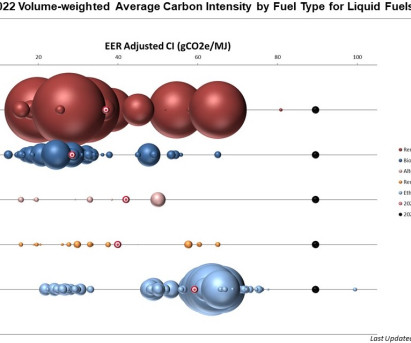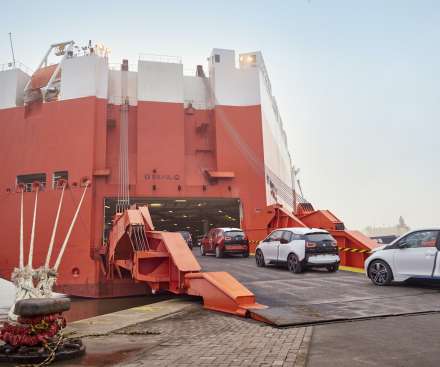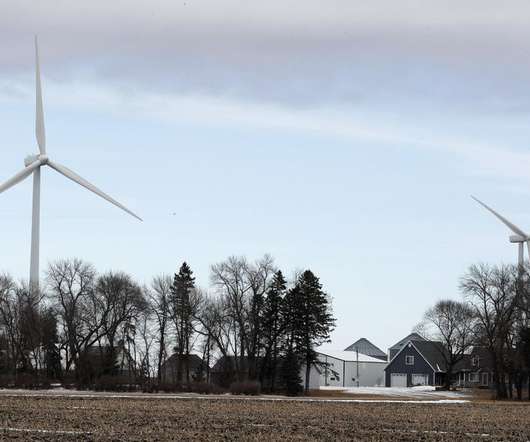CARB: clean fuels replaced more than 50% of diesel used in California in Q1 2023
Green Car Congress
AUGUST 24, 2023
The LCFS program helped to replace nearly two billion gallons of regular diesel fuel in 2022 with a combination of cleaner fuels, including renewable diesel, biodiesel, electricity, and hydrogen. Since compliance began, the program has helped to replace more than 8.6 billion gallons of diesel.








































Let's personalize your content